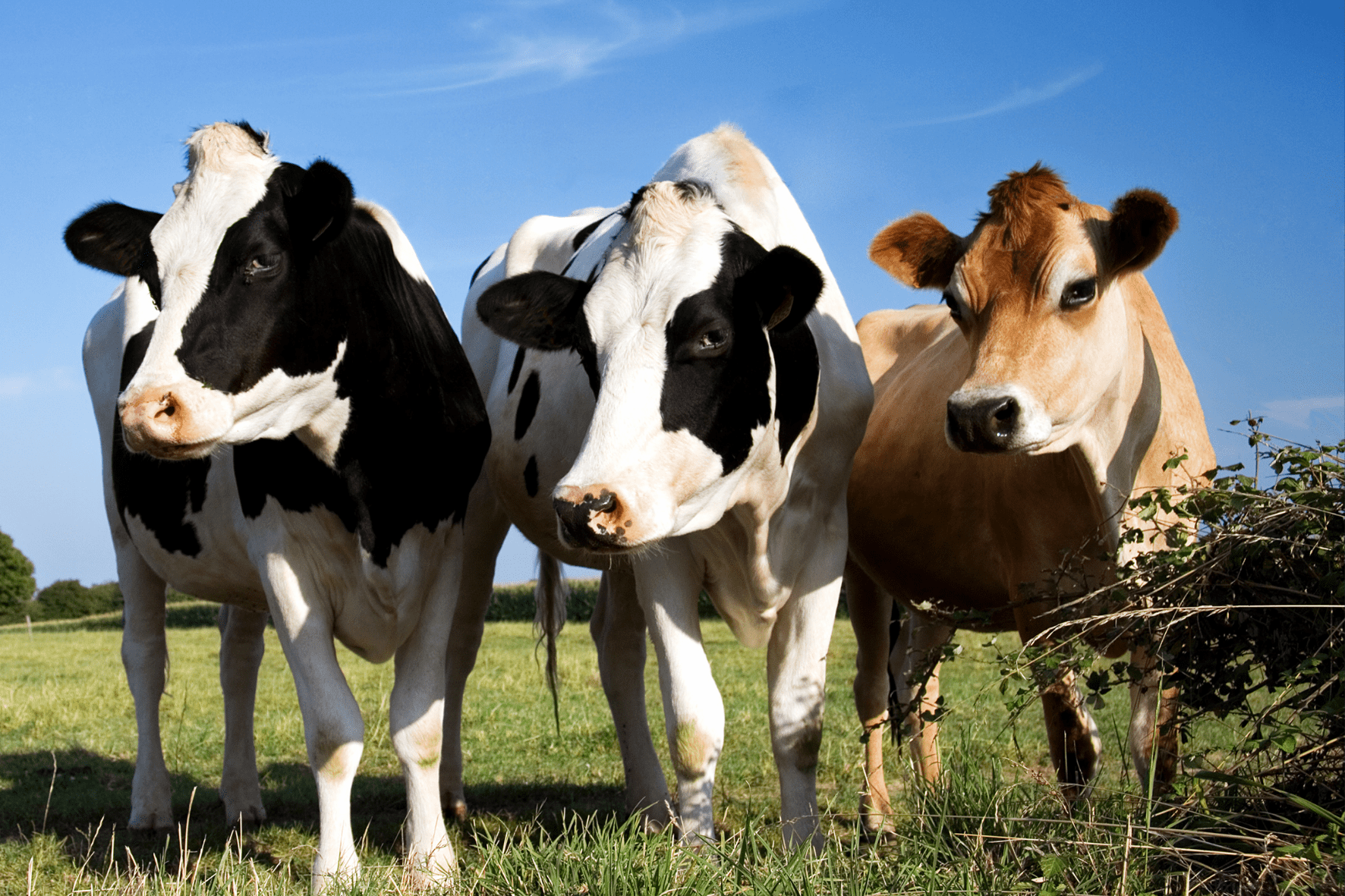
Check out this short writing done by Loren Foley for the Annual American Dairy Science Association meeting held virtually last month. Loren is a Junior in Animal Science, minoring in Food and Agricultural Business from Waynesville, OH. She holds positions as the UT Dairy Club Vice President, Block and Bridle Membership Chair, and Southern Regional ADSA Secretary-Treasurer.

Dairy Production Oral Presentation Competition: Hormones, enrichment, methane and more
By Loren Foley
Five undergraduate dairy science students participated virtually in the 2021 ADSA Dairy Production Oral Presentation Competition. One of the presentations discussed the role of hormones in dairy production. Alyssa Rauton from the University of Georgia discussed the concentration of anti-Müllerian (AMH) hormone in dairy heifers and its association with reproductive merit and overall herd health. Her presentation suggested that AMH has promising potential as a more reliable diagnostic tool. The long-term reproductive performance and productive life of a dairy heifer is extremely important before her first lactation. In an environmental dairy production presentation, Sarah Thomas from Virginia Tech Blacksburg discussed enrichment to promote health in preweaned calves. Many enrichment items, such as brushes and companionship, were able to promote positive behavioral changes. Access to brushes, along with social companionship from other calves, contributed to favorable impacts on behavior without impeding overall growth and health. Other students presented on diet changes in dairy production. Kelly Forbes from Pennsylvania State University discussed feeding asparagopsis taxiformis to inhibit methane production. She concluded that although this method may be effective in the future, there are regulatory concerns with feeding this strain of seaweed to livestock animals and it may be difficult to maintain a sustainable supply of seaweed. In another presentation, Cessna Langford from the University of Kentucky spoke about acidosis in dairy calves. Her presentation showed that acidosis has become a serious factor that can be difficult to manage through feeding practices alone. Additional research is necessary to understand the effects of probiotics in regard to acidosis. On the financial side, Loren Foley from the University of Tennessee highlighted the milk price trends of the Federal Milk Marketing Order. Her research suggested that the FMMO has become a major influential aspect of dairy marketing that should reflect the concerns of producers, processors, and consumers. However, the volatility of production and retail markets have led to constant evolution, and the accompanying regulatory measures could be misconstrued by individual perceptions of their function. The SAD-ADSA awards ceremony for these presentations will be held in the evening on Tuesday, July 13th. The results and placing will be announced in congratulations to this year’s future winners and all who participated! Loren Foley is a junior pursuing an Animal Science degree at the University of Tennessee, Knoxville.